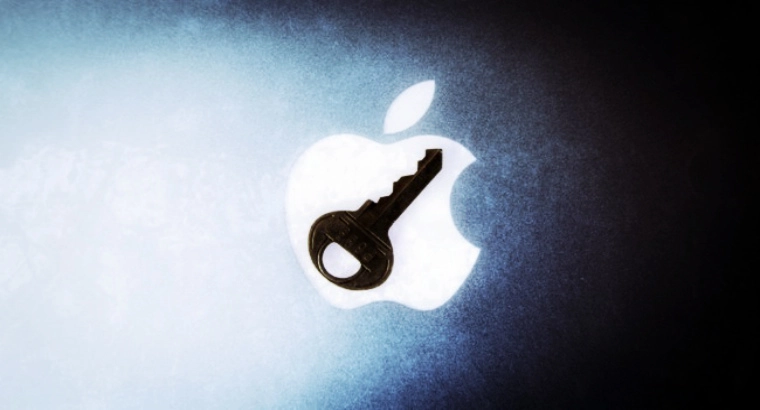Apple to Close Security Loopholes Used by Law Enforcement to Hack iPhones
Apple has announced plans to change iPhone settings to protect devices from tools used by law enforcement agencies to access data. According to company representatives, this measure is aimed at safeguarding customers in countries where police can confiscate phones without sufficient cause. Apple is also concerned that these hacking methods could fall into the hands of criminals and be used to spy on users.
In the upcoming version of iOS (most likely iOS 12), Apple intends to implement a feature known as USB Restricted Mode. This feature limits access to a locked iPhone through its USB port if the phone has not been unlocked within the last hour. The port is used by tools from companies like GrayShift and Cellebrite to connect and bypass security mechanisms that restrict the number of password attempts.
“We are constantly strengthening security in every Apple product, helping customers protect themselves from hackers, identity thieves, and invasions of privacy,” an Apple spokesperson told reporters. “We respect the work of law enforcement, and the development of security improvements in our products is not intended to interfere with their ability to do their jobs.”
Background on Law Enforcement Hacking Tools
Previously, Israeli forensic tool manufacturer Cellebrite informed its clients about a new capability to hack any device running iOS 11. Additionally, the American startup Grayshift—allegedly founded by U.S. intelligence contractors and a former Apple engineer—began circulating marketing materials describing a tool called GrayKey, designed to unlock iPhones.
In February 2016, Apple refused to help the FBI unlock the iPhone of a suspect in the San Bernardino terrorist attack. Later, U.S. authorities reported that law enforcement was able to access the smartphone’s data independently. According to reports, the FBI had to hire a third-party contractor to hack the phone without Apple’s assistance.



